Brazil's environment minister, Marina Silva, has urged all countries to have the courage to address the need for a fossil fuel phaseout, calling the drawing up of a roadmap for it an ethical response to the climate crisis. The proposal, which would be voluntary for participating governments, has been met with controversy at the ongoing Cop30 summit in Brazil, with countries debating whether and how such a roadmap can be discussed.
According to Silva, the process of creating a roadmap for a fossil fuel phaseout would be self-determined, allowing governments to decide whether or not to participate. While she spoke approvingly of the potential for a roadmap, she did not explicitly commit Brazil to it. "The drawing up of a roadmap for a fossil fuel phaseout would be an ethical response to the climate crisis," Silva said. "It would require courage, but it would be a necessary step towards a more sustainable future."
The issue of a fossil fuel phaseout has been one of the most contentious topics at the Cop30 summit, with countries fighting over whether and how such a roadmap can be discussed. As host, Brazil is carefully neutral about what can be on the formal agenda. The proposal has been met with skepticism by some countries, who argue that a phaseout of fossil fuels would be too ambitious and would require significant investments in renewable energy.
In a statement, Silva emphasized that the process would be voluntary and that participating governments would have the flexibility to determine their own pace and approach. "We believe that the creation of a roadmap for a fossil fuel phaseout would be a valuable step towards addressing the climate crisis," she said. "However, we also recognize that this is a complex issue that requires careful consideration and coordination among all stakeholders."
The Cop30 summit has brought together representatives from over 190 countries to discuss a range of issues related to climate change, including the transition to renewable energy and the reduction of greenhouse gas emissions. The summit is expected to conclude with a final agreement on a number of key issues, including the creation of a roadmap for a fossil fuel phaseout.
As the summit continues, countries are expected to engage in intense negotiations over the language and scope of any potential agreement on a fossil fuel phaseout. While some countries are pushing for a more ambitious phaseout, others are arguing for a more gradual approach. The outcome of these negotiations will have significant implications for the global effort to address the climate crisis.
In the meantime, Silva's call for courage in addressing the need for a fossil fuel phaseout has been met with a mixed reaction from countries. While some have welcomed the proposal as a necessary step towards a more sustainable future, others have expressed skepticism about the feasibility and practicality of such a plan. As the summit continues, it remains to be seen whether a consensus can be reached on the issue of a fossil fuel phaseout.




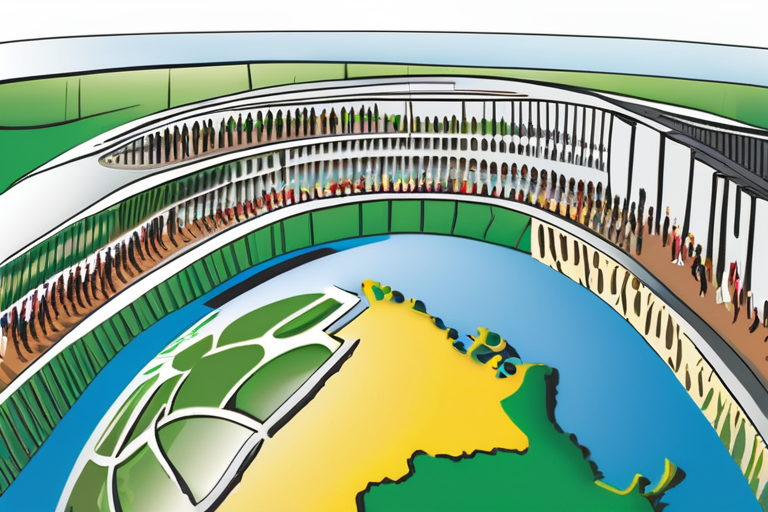






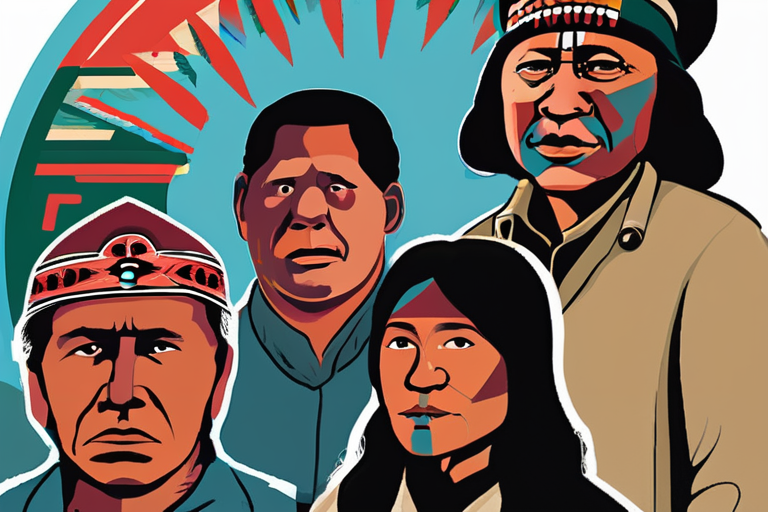



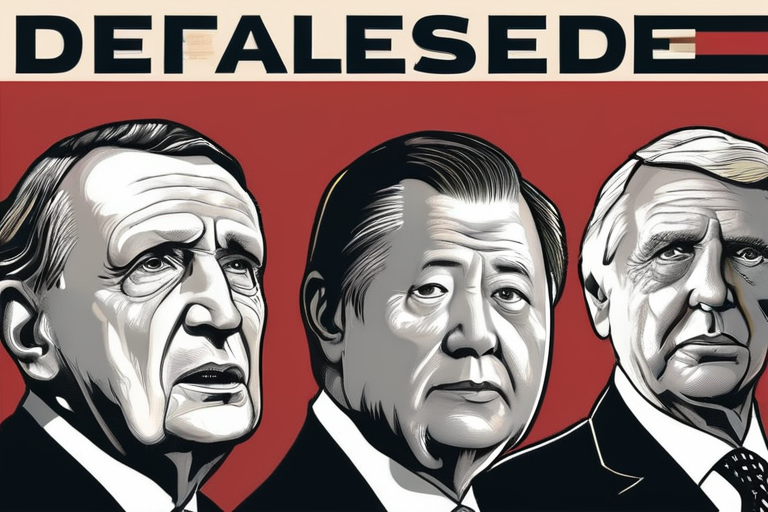
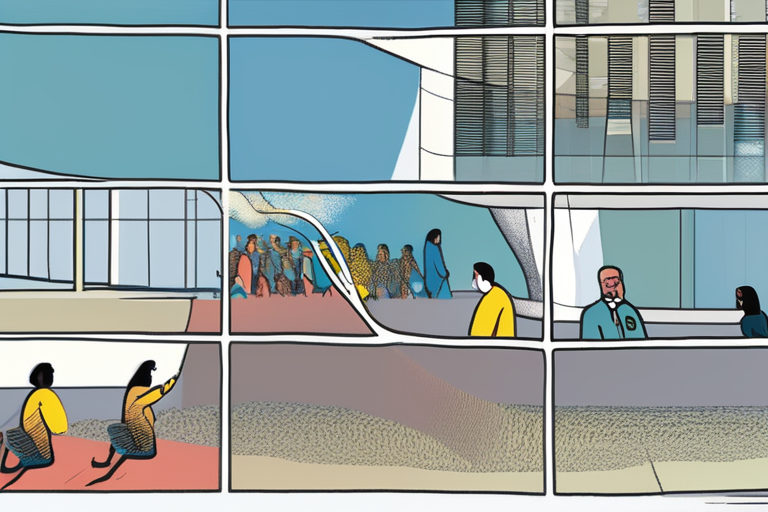

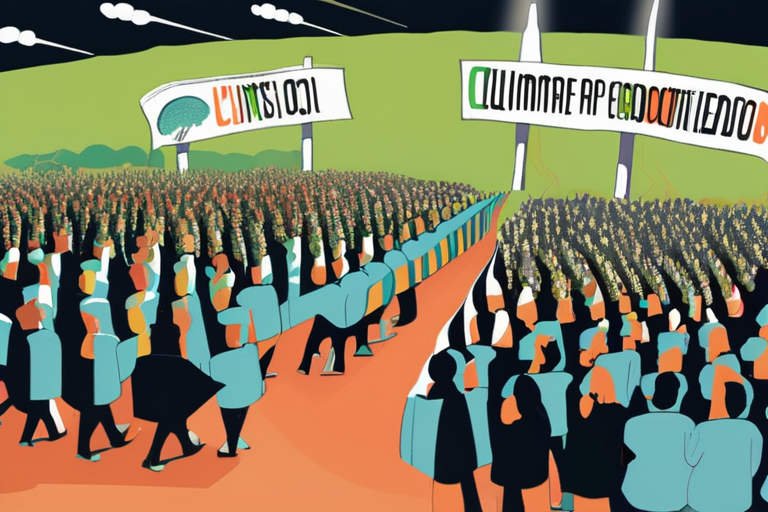



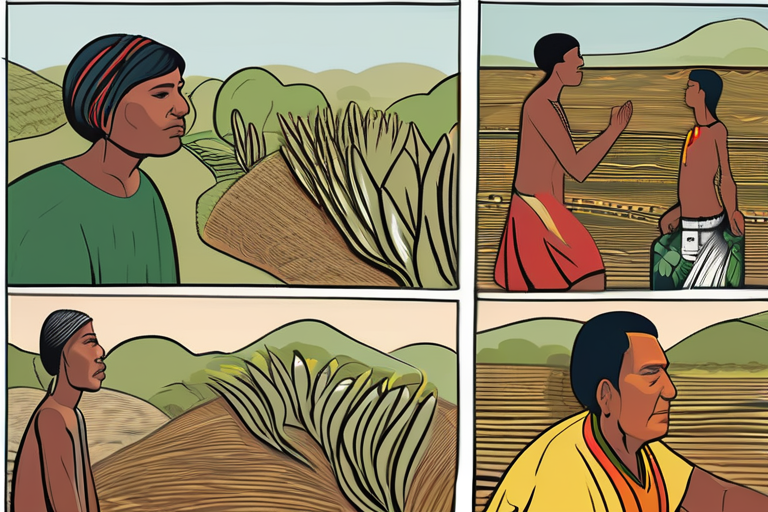




Share & Engage Share
Share this article